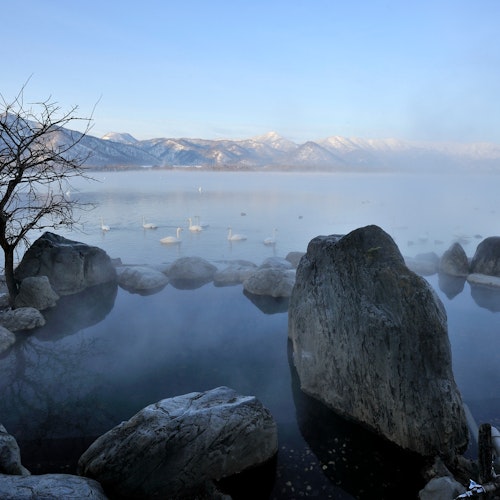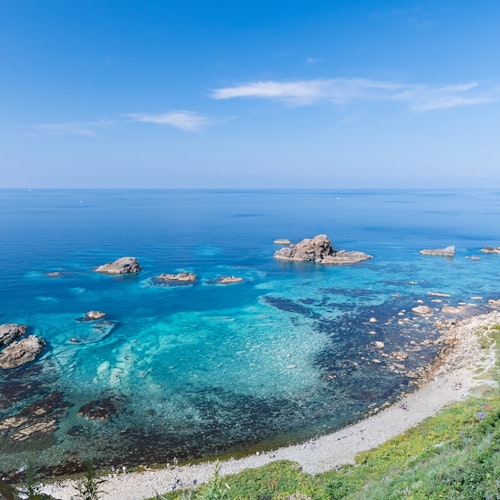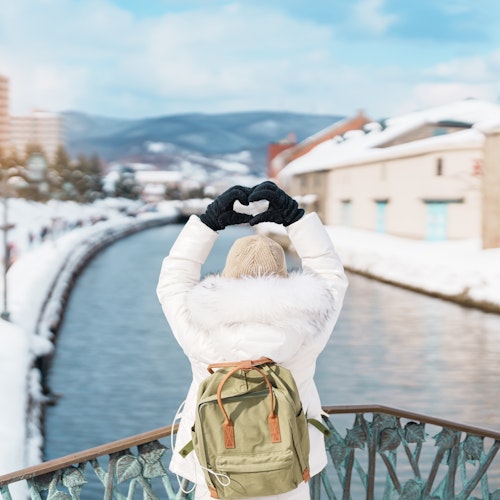
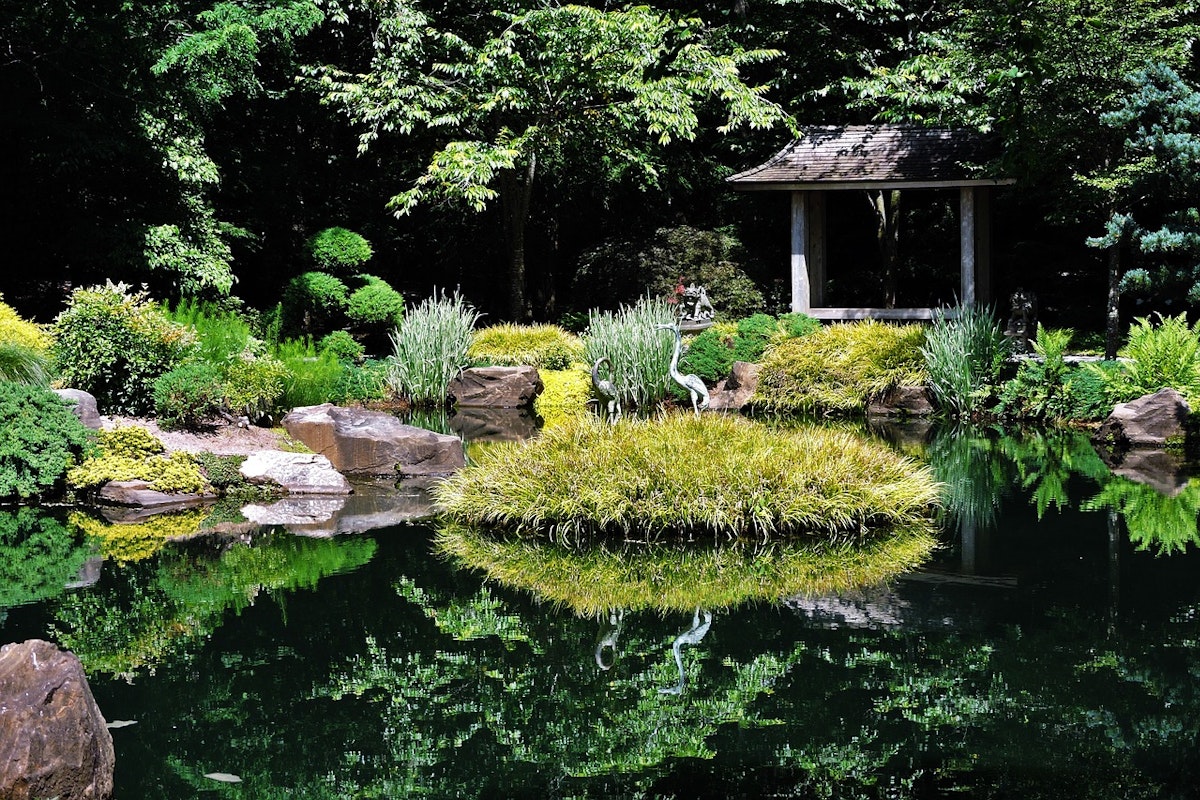
Japan is a beautiful country with peaceful places, old traditions, and a deep sense of spirituality. It is a great place for people who want to find inner peace and discover more about themselves. Whether you want to try a traditional Japanese meditation retreat or relax in a quiet spiritual place, Japan has many options to help you feel calm and focused.
In this guide, we will share some of the best spiritual and meditation retreats in Japan and how they can bring positive changes to your life.
Japan has a deep-rooted history of meditation and spirituality, influenced by Zen Buddhism, Shintoism, and other spiritual practices. From the serene temples in Kyoto to the secluded mountain retreats in rural Japan, the country offers a variety of environments that foster introspection and spiritual growth.
The unique combination of natural beauty, cultural heritage, and centuries-old mindfulness techniques make Japan a perfect destination for a meditation retreat.
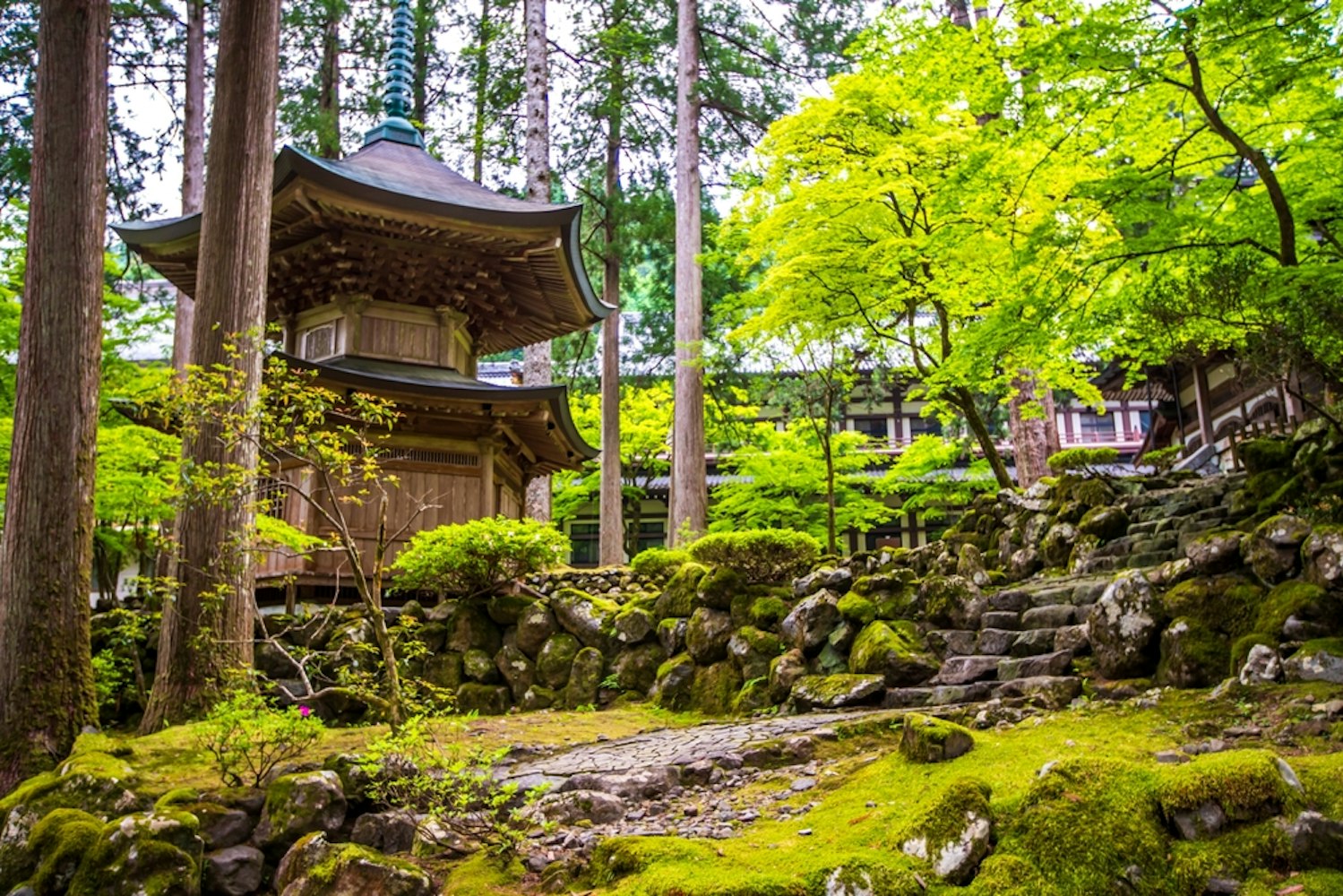
Eiheiji Temple, founded in the 13th century by the Zen master Dogen, is a very special place for those who want to learn about Zen Buddhism. It is located in the peaceful mountains of Fukui Prefecture and offers a true experience of monastic life.
Visitors can take part in sitting meditation, silent meals, and daily chores, which help them focus on mindfulness and discipline. The temple follows a strict daily schedule, which helps participants stay present and find inner peace.
What to Expect:
Guided Zen meditation sessions (zazen)
Living and working with the monks
Eating simple, healthy vegetarian meals (shojin ryori)
Learning about Soto Zen traditions and teachings
Best for: People who want a deep and serious Zen experience.
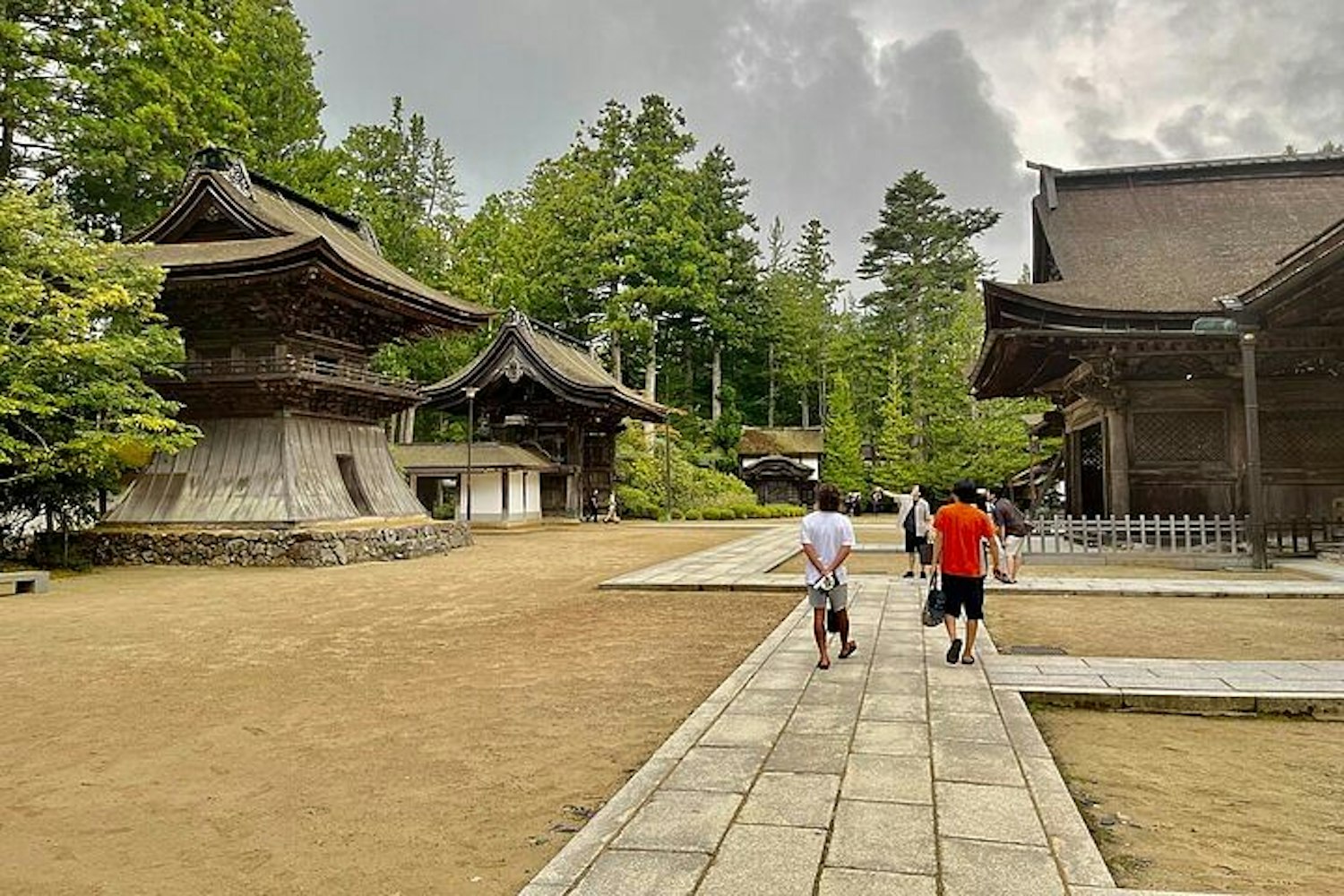
Mount Koya, also known as Koyasan, is a sacred mountain and an important spiritual center in Japan. It is a UNESCO World Heritage site and the heart of Shingon Buddhism, a form of esoteric Buddhism. Koyasan is home to more than 100 beautiful temples, where visitors can stay overnight and experience a peaceful and spiritual atmosphere.
Many of these temples offer shukubo, or temple lodging, where guests can join morning prayers, practice meditation, and enjoy traditional vegetarian meals called shojin ryori. The area is surrounded by lush cedar forests, adding to its serene and calming environment.
What to Expect:
Staying overnight at a Buddhist temple (shukubo)
Attending early morning prayer ceremonies and meditation sessions
Eating simple and healthy vegetarian meals prepared by monks
Walking through peaceful temple grounds and ancient cedar forests
Exploring Okunoin Cemetery, one of Japan's most sacred sites
Best for: Those looking for a spiritual retreat in a natural and historic setting, and those interested in learning about Shingon Buddhism.
Tatsui-ji Temple is one of the 88 temples on the famous Shikoku Pilgrimage, a spiritual journey that attracts thousands of people every year. This temple provides a peaceful retreat for those who want to experience quiet meditation and reflect on their inner selves.
The temple is surrounded by beautiful natural scenery, which helps create a calm and soothing environment. Visitors can join the pilgrimage route, walk through picturesque paths, and take part in traditional Buddhist practices such as sitting meditation (zazen) and sutra chanting.
The simple temple accommodations allow guests to live in harmony with nature and experience the traditional way of life in a Buddhist temple.
What to Expect:
Walking meditation along the historic Shikoku Pilgrimage route
Daily zazen (sitting meditation) and chanting sessions
Staying in traditional Japanese rooms with tatami flooring
Enjoying vegetarian meals prepared by the temple staff
Meeting fellow pilgrims and sharing spiritual experiences
Best for: Those who enjoy walking and want to combine physical activity with meditation and spiritual reflection.
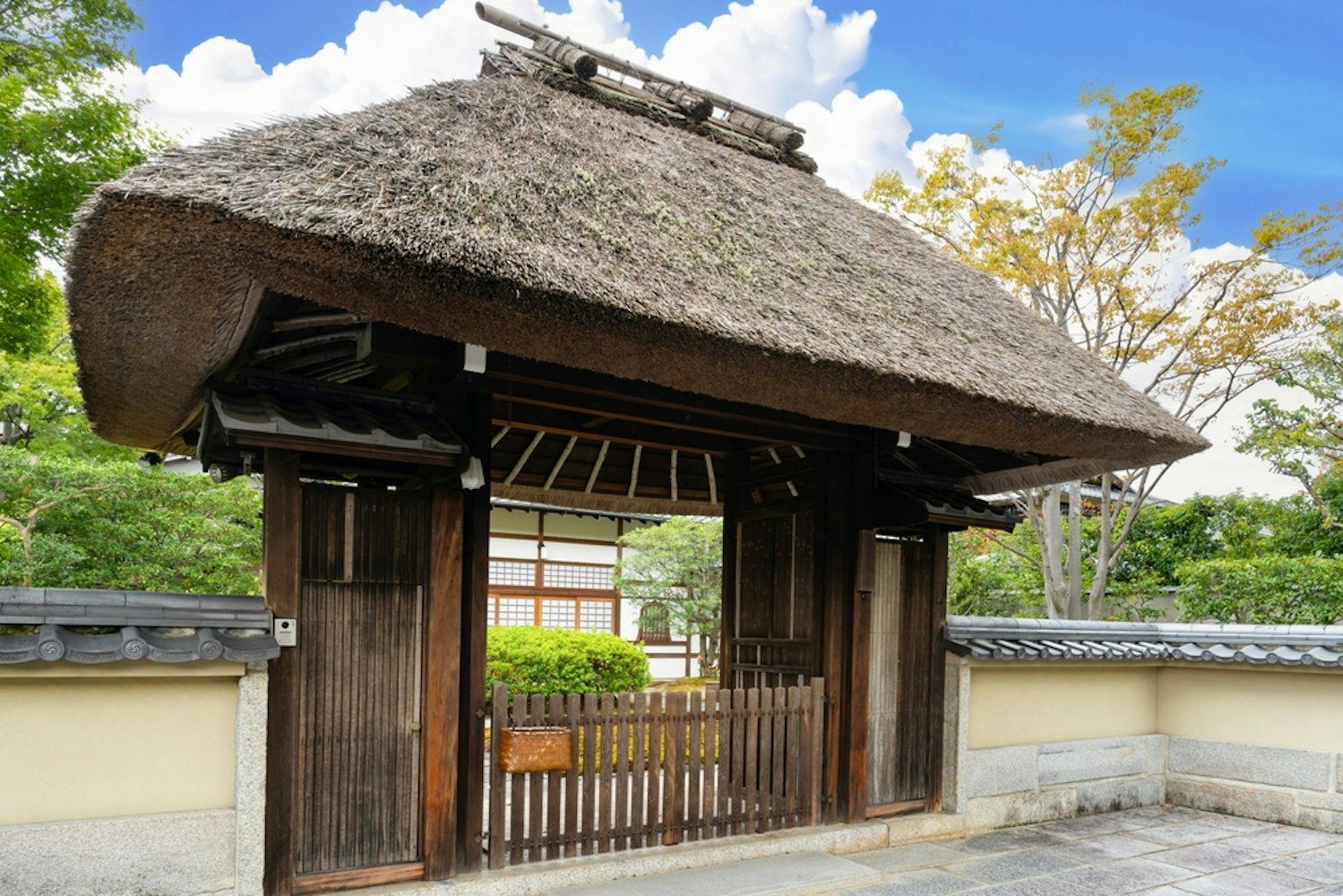
Shunkoin Temple is located in Kyoto, a city full of history and culture. It is a great place for people who want to learn about mindfulness and meditation in a simple and welcoming way. The temple offers meditation retreats that focus on helping people clear their minds and feel more at peace.
One of the special things about Shunkoin Temple is that the meditation sessions are available in both English and Japanese, making it a good choice for international visitors.
During your stay, you can take part in guided mindfulness meditation, listen to talks about Zen philosophy, and explore the beautiful gardens and surroundings of the temple. The monks provide helpful guidance and create a peaceful environment where you can relax and reflect on your thoughts.
What to Expect:
Meditation sessions in English and Japanese
Learning about Zen philosophy and mindfulness
Time to explore the quiet temple gardens
Helpful and friendly guidance from the monks
Best for: People who are new to meditation and those looking for an easy-to-understand retreat experience.
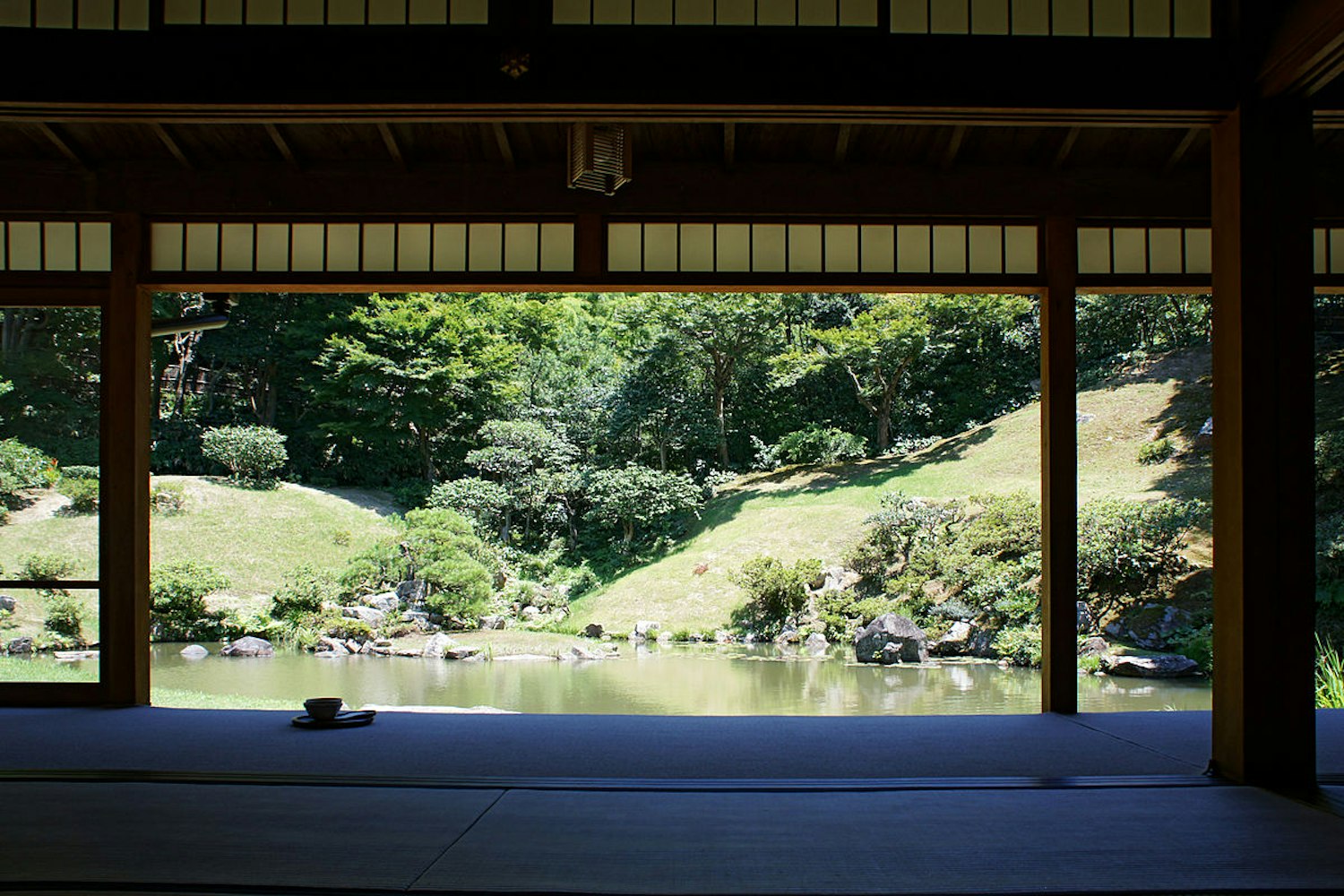
Kannon-in Temple is a peaceful temple located in the quiet countryside of Tottori Prefecture. It is surrounded by beautiful gardens and natural scenery, making it a perfect place for those who want to escape the noise of everyday life.
Kannon-in Temple offers various activities to help visitors relax and find inner peace. Visitors can participate in meditation sessions, learn traditional Japanese calligraphy, and enjoy a traditional tea ceremony.
The temple gardens are perfect for slow walks and quiet reflection. The monks at Kannon-in Temple provide guidance and share their knowledge about mindfulness and Zen practices, helping visitors to feel calm and refreshed.
What to Expect:
Enjoying a traditional Japanese tea ceremony, which teaches patience and mindfulness
Learning calligraphy as a form of meditation to calm the mind
Walking through peaceful Zen gardens to reflect and relax
Receiving personal guidance from the monks to help with mindfulness and meditation
Best for: People who want to experience traditional Japanese culture while also practicing meditation and relaxation.
Before embarking on your journey, it is essential to prepare both mentally and physically. Here are some tips to make the most of your retreat experience:
Set Intentions: Reflect on what you hope to achieve from the retreat, whether it's relaxation, self-discovery, or spiritual growth.
Research Cultural Etiquette: Understanding Japanese customs and temple etiquette will enhance your experience and show respect for the traditions.
Pack Mindfully: Bring comfortable clothing suitable for meditation and temple environments, as well as personal items like a journal for reflection.
Stay Open-Minded: Be prepared for a different pace of life and embrace the teachings with an open heart.
